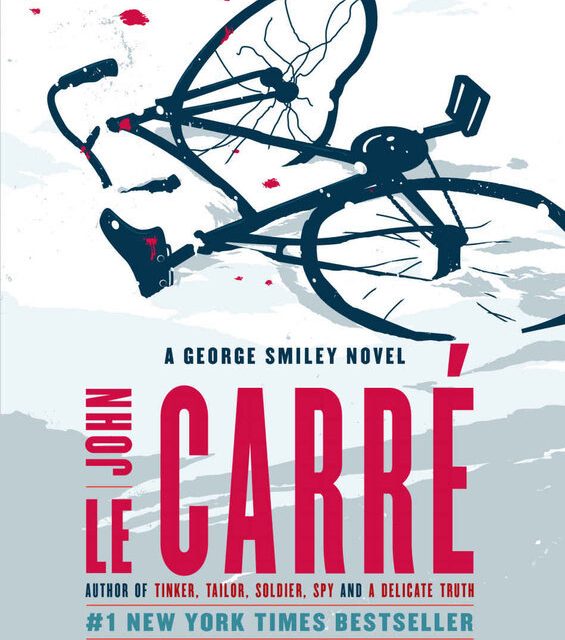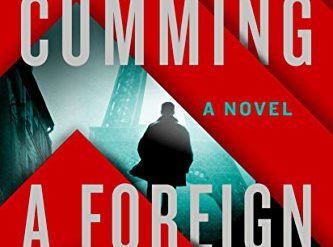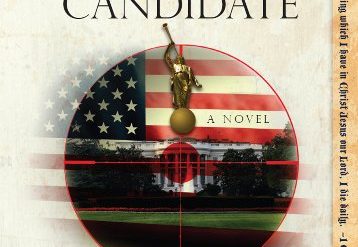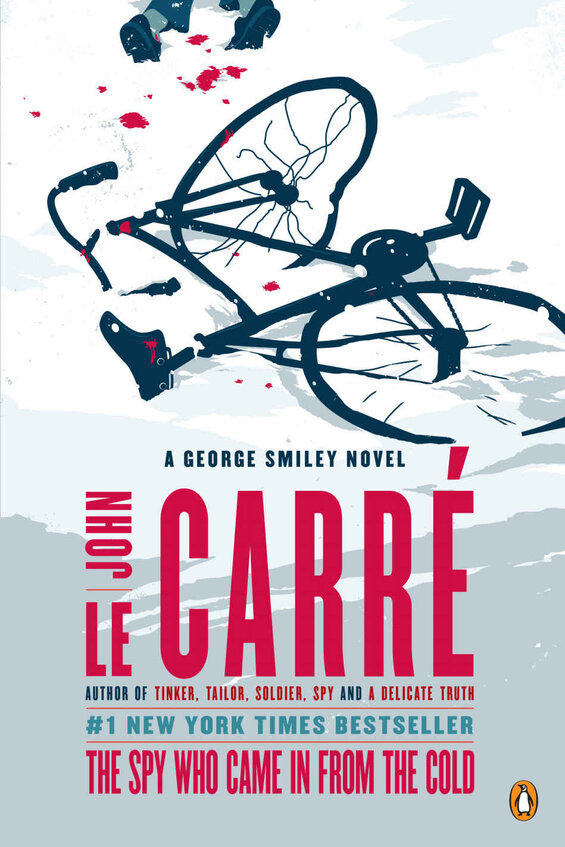
Estimated reading time: 7 minutes
If a general reader can call up the title of only a single espionage novel, it seems likely to be The Spy Who Came In From the Cold. John le Carré’s iconic 1963 story, and the 1965 film on which it was based, have cemented in generations of readers a view of the Cold War spy game as a dirty business fought between ruthless, amoral adversaries who know each other’s names. It’s often thought to be the best spy novel ever written. Many other popular authors in the genre have followed le Carré’s lead, depicting spies who will do just about anything to score a point on the opposition. Whether there’s much truth to this portrayal is uncertain. But it’s what we’re led to believe espionage is all about. Today the reality is different.
What espionage is all about
Espionage is the business of acquiring information about a country’s actual or potential adversaries. It’s primarily conducted—today, at least—in three ways. First, by analysts who read published materials such as economic surveys and scientific papers to gain a fuller understanding of another country’s economic, military, and technological capabilities. Second, called sigint, by programmers who scour online information, legally or not, often using the techniques of Big Data to analyze what they’ve found. Third, and last, by spies using the well-documented methods of humint, or human intelligence.
Secret agents continue to ply their trade, of course, but these days they’re more likely to engage in industrial espionage in corporate and university labs rather than digging secrets out of other governments. Of course, it can all get very nasty, and occasionally someone dies. But that can hardly be the rule. And I’d be surprised if a man like le Carré’s Alec Leamas, the protagonist of this novel, could find work today in the field. So, although The Spy Who Came In From the Cold may be the best spy novel ever written, it’s an artifact of its time and a poor guide to the spycraft practiced today.
The Spy Who Came In From the Cold by John le Carré (1963) 228 pages ★★★★★
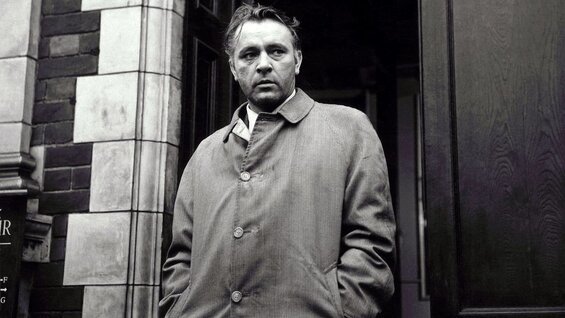
Cynicism oozes from the pages of this novel—as much from the author’s acknowledged feelings as expressed in his introduction as from his portrayal of Alec Leamas. As le Carré asks in his introduction, “how far can we go in the rightful defense of our Western values without abandoning them along the way?” In The Spy Who Came In From the Cold he tells us that MI6, and by extension the Western intelligence services, have proven to be as ruthless and amoral as the East German Stasi and the Soviet KGB.
As MI6’s director, Control, argues, “you can’t be less ruthless than the opposition simply because your government’s policy is benevolent, can you now?” I’m sure much the same sentiment can be heard in the halls of the CIA, MI6, the Mossad, and the SVR and GRU to this day. Their behavior makes that clear. But the amorality is expressed in very different ways, for the most part, not the tit-for-tat, face-to-face murder of espionage agents.
The cast of characters
With le Carré’s favorite spy, George Smiley, hovering in the background and playing a minor role, as does Control, three other men and one woman hold center stage. It’s Smiley’s third appearance in the series of nine novels that follow his career.
Alec Leamas
Alec Leamas is a burned-out senior intelligence officer. “He met failure as one day he would probably meet death, with cynical resentment and the courage of a solitary. He’d lasted longer than most; now he was beaten.” He had been chief of MI6’s Berlin station, one of the agency’s top posts. But at every turn he had lost even his most valuable agents to his opposition counterpart in East German intelligence, a younger man named Mundt.
Hans-Dieter Mundt
Hans-Dieter Mundt is the Abteilung‘s deputy director of operations who introduced a “new style” to his agency’s approach to the West. “The first agent Leamas lost was a girl. She was only a small link in the network; she was used for courier jobs.” But Mundt steadily worked his way up to the top of Alec’s network. And when he shoots Karl Riemeck in the back on his way through the Brandenburg Gate in attempting an escape to West Berlin, Alec knows it’s all over for him. All that remains is an opportunity to get even. And that’s what Alec is about as the story unfolds.
Comrade Fiedler
A young man identified only as Comrade Fiedler is effectively Mundt’s deputy. It’s he who conducts all the interrogations for his boss and displays great skill in doing so. Fiedler is nothing like the stereotypical Communist interrogator, quick to use the most violent means of torture to extract information. He is, instead, soft-spoken and gentle, deploying a clever and subtle mind to suss out what he needs from his subjects. Ironically, Fiedler is Jewish. Mundt, a former Nazi, is a virulent anti-Semite who takes great pleasure in needling the younger man whenever he has a chance.
Liz Gold
Nineteen-year-old Liz Gold is an assistant librarian at the library for psychic research where Alec is steered into a similar job. In time, the two become lovers, and it’s clear they’ve fallen in love to whatever degree that might have meaning for Alec. Liz is Jewish and a loyal Communist. Alec insists he believes in nothing. “Sometimes she thought Alec was right—you believed in things because you needed to; what you believed in had no value of its own, no function.” But Alec’s work forces him to leave Liz behind—for good, he believes.
About the author
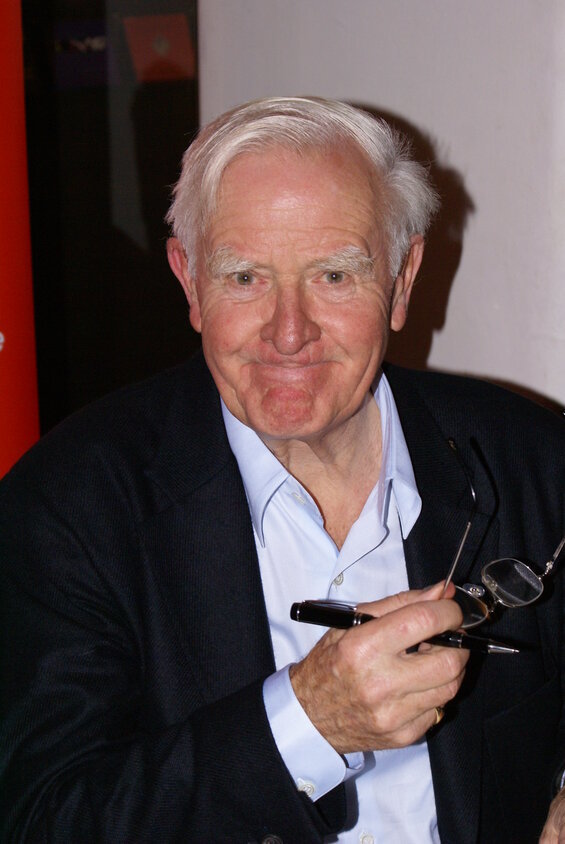
The British novelist David Cornwell, best known under his pseudomym John le Carré, died in 2020 at the age of 89. In the course of his long life, he wrote nine novels involving MI6 officer George Smiley, of which The Spy Who Came In From the Cold was the third. He also wrote sixteen standalone spy novels, two works of nonfiction (one of them a memoir), and three screenplays. Wikipedia states that “During the 1950s and 1960s, he worked for both the Security Service (MI5) and the Secret Intelligence Service (MI6).” But in a preface entitled “Fifty Years Later” to this edition of The Spy Who Came In From the Cold, le Carré downplays his experience as a spy.
“I was never a mastermind, or a mini-mind,” he writes, “and long before I even entered the secret world, I had an instinct toward fiction that made me a dubious fact-gatherer.” No surprise there: le Carré’s father was a con man. He adds, “I was never at personal risk in my secret work; I was frequently bored stiff by it.” Strange then, isn’t it, that the man would be remembered as the author of the best spy novel ever written?
For related reading
This is one of The best Russian mysteries and thrillers and of 26 mysteries to keep you reading at night.
I’ve reviewed many other books by John le Carre, including:
- A Legacy of Spies (The Cold War reexamined in John le Carré’s terrific new novel)
- Our Game (British espionage at the end of the Cold War)
- Our Kind of Traitor (The spy who never left the cold)
You might also enjoy my posts:
- The 15 best espionage novels
- 20 good nonfiction books about espionage
- Top 10 mystery and thriller series
If you read spy thrillers, consider dipping into the work of these other excellent authors:
- Joseph Kanon’s spy thrillers are superb
- Charles Cumming’s first-rate spy thrillers
- Dame Stella Rimington’s Liz Carlyle series of top-notch espionage novels
- The evocative Night Soldiers series from Alan Furst
- The spellbinding thrillers of Robert Harris
- The Maisie Dobbs novels from Jacqueline Winspear
- Top-notch spy novels from Alex Gerlis
- The 12 novels of Alex Berenson’s thrilling John Wells spy series
And you can always find my most popular reviews, and the most recent ones, on the Home Page.

